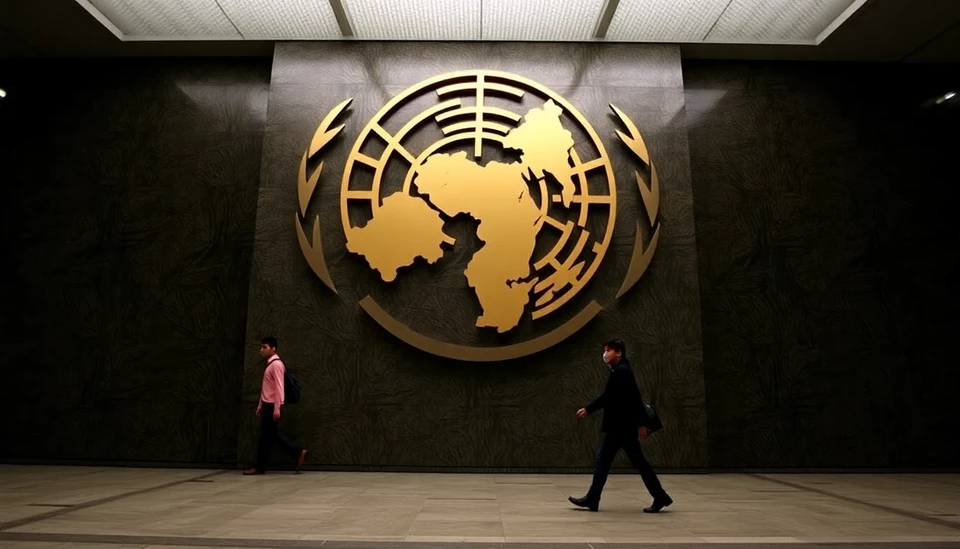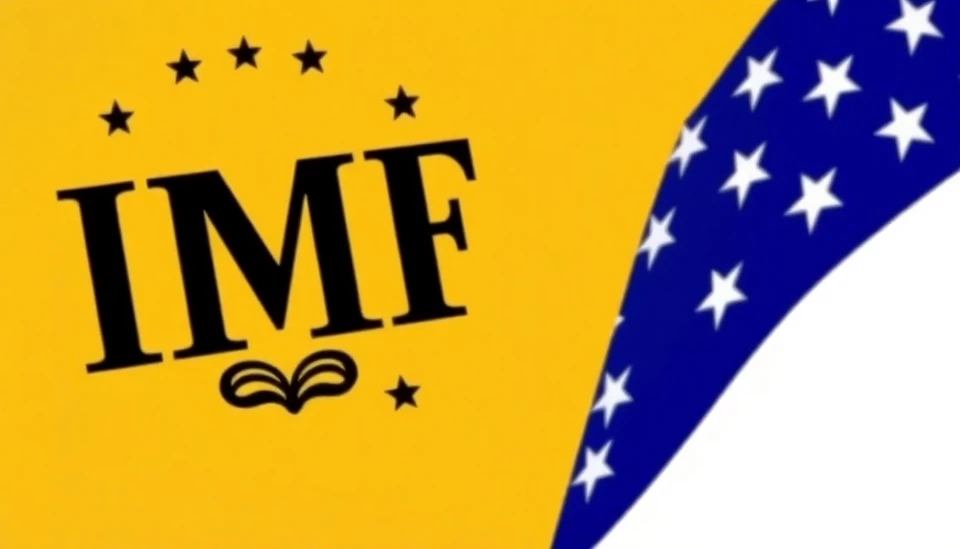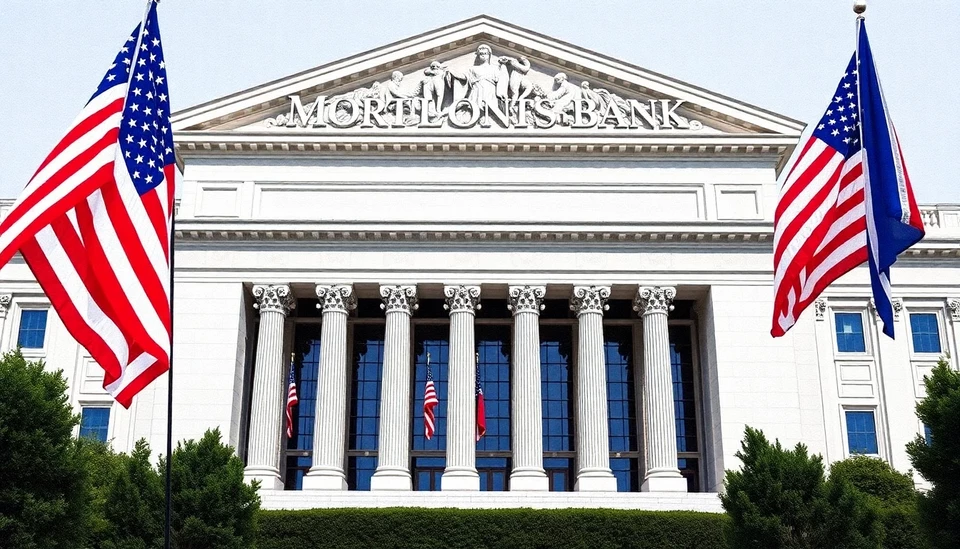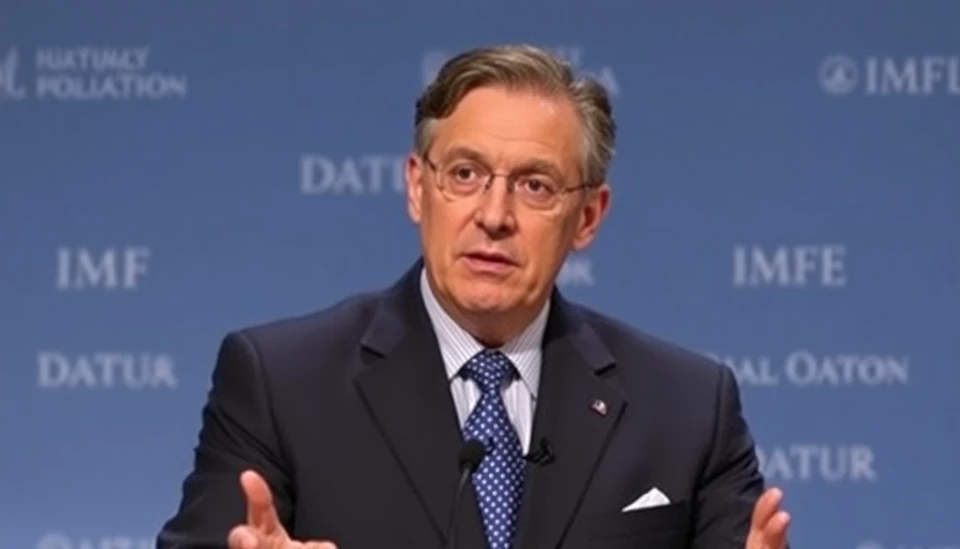
The International Monetary Fund (IMF) has come under scrutiny from its internal watchdog concerning the handling of some of its largest financial assistance packages. This critique raises significant concerns regarding the operational effectiveness and governance of the IMF, especially in relation to its mission to provide stability to the global economy.
In a newly released report, the IMF's Independent Evaluation Office (IEO) evaluated various lending programs, revealing that the oversight mechanisms for these sizable loans were found wanting. The report emphasizes that the IMF has struggled with maintaining adequate monitoring and follow-up practices, which are crucial for ensuring that borrower countries meet the conditions tied to their loans.
Particularly troubling is the assertion that, in multiple cases, the IMF approved substantial financial packages without sufficient due diligence. This issue was highlighted during significant events such as the provision of funds to countries facing economic crises, where the agency's decision-making process did not sufficiently account for the long-term ramifications of such loans. The report urges the IMF to enhance its internal review procedures to prevent similar oversights in the future.
One of the key aspects of the IEO's critique focuses on the IMF's engagement with the borrowing countries. While the agency aims to support nations in economic distress, the report indicates that there was often a lack of consistent and transparent communication. This disconnect can lead to misunderstanding among stakeholders, which may affect the implementation of economic reforms necessary for sustainable recovery.
Moreover, the evaluation points out that the IMF needs to better adapt its approach to different countries' specific contexts rather than applying a one-size-fits-all model. Tailoring strategies may enhance the effectiveness of financial assistance and increase the likelihood that countries will successfully implement the required reforms.
In response to these findings, the IMF has acknowledged the need for improvements. Officials from the organization stated that they are currently reviewing the report's recommendations and are committed to strengthening their operational practices. The IMF highlights its dedication to continuously evolving its strategies to better serve its member countries.
As the global economy remains vulnerable to various shocks, the IMF's ability to robustly manage its loans and ensure the stability of its operations will be increasingly critical. The institution's efforts to align its practices with the latest evaluations and best practices will be a determining factor in its future role in international financial stability.
In conclusion, the IEO's assessment serves as a wake-up call for the IMF, underscoring the necessity for enhanced governance, transparency, and tailor-made approaches in its lending practices. As the IMF moves forward, it must consider how to implement these recommendations effectively, as the credibility of its mission depends on it.
#IMF #Loans #EconomicStability #FinancialAssistance #GlobalEconomy #Governance #EconomicCrisis #IndependentEvaluationOffice #IMFRecommendations
Author: Laura Mitchell




